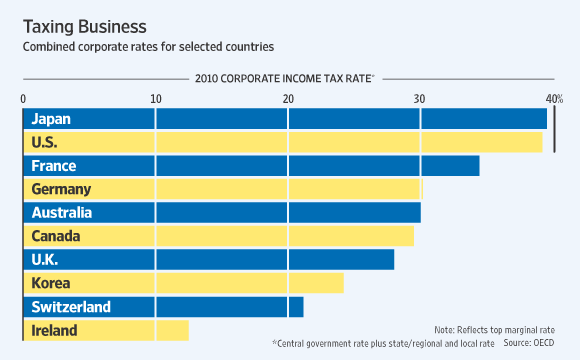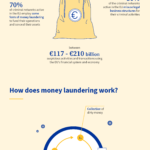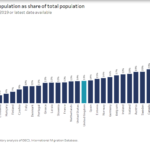Japan’s corporate income tax rate of 40% is the highest among major developed countries according to the OECD. Surprisingly the U.S. has the next highest rate at 39%.
2010 Corporate Income Taxes of Select Countries:
Source: Kan Seeks Cuts in Japan’s 40% Corporate Tax Rate, The Wall Street Journal
The corporate rates in the Asian countries of Singapore and South Korea is much lower than the U.S. at 17% and 24% respectively.
The journal articled noted that “different rules on depreciation and other areas make the total tax burden generally lighter in the U.S., experts say.”
Experts are correct in this case. Most major U.S. corporations do not pay the top marginal rate of 39% in income taxes to Uncle Sam. In fact a few of them pay no taxes. General Electric (GE) is the most interesting example of a U.S. company when it comes to avoiding taxes. GE generated $10.3 in pretax income in 2009, but paid no taxes to the US government. In fact, it recorded a tax benefit of $1.1B for last year.GE’s tax return is the largest the IRS deals with each year running at almost 24,000 pages if printed out.
From an article in Forbes magazine titled “In Pictures: What The 25 Top U.S. Companies Pay In Taxes“, the top five tax paying companies were:
Wal-Mart – 2009 Tax Rate: 34.2%
Exxon Mobil – 2009 Tax Rate: 47.0%
Chevron – 2009 Tax Rate: 43.0%
Chevron – 2009 Tax Rate:Â N/A
ConocoPhillips – 2009 Tax Rate: 51%
Some companies also evade taxes legally by establishing foreign subsidiaries and using a strategy called “Transfer Pricing”. Tax economist Martin Sullivan believes that companies are keeping some $28 billion a year out of the clutches of the U.S. Treasury using this method.
Another article in BusinessWeek last year discussed tax payments by U.S. companies. From the article:
“FPL Group (FPL), owner of Florida Power & Light, understands the value of alternative energy. By setting up everything from 1,500 acres of solar electric systems in California to wind farms across the U.S., the Juno Beach (Fla.) utility has avoided the need to build 12 new power plants. And those investments create another green benefit: tax breaks. Over the past four years, FPL has paid just $88 million in taxes on earnings of nearly $7 billion. FPL spokeswoman Jackie Anderson says the company is merely taking advantage of incentives to develop renewable resources.”
What do U.S. companies do with excess cash ?
They simply hoard them at least in the current economy. According to a report in The Wall Street Journal earlier this month, U.S. “nonfinancial companies had socked away $1.84 trillion in cash and other liquid assets as of the end of March, up 26% from a year earlier and the largest-ever increase in records going back to 1952. Cash made up about 7% of all company assets, including factories and financial investments, the highest level since 1963.”
Companies also do not pay the excess cash as higher dividend payouts to shareholders. In fact the dividend yield of the S&P 500 Index, which includes the largest 500 American companies, is about 2%.
A research study by Credit Suisse showed that U.S. companies had high dividend payouts from 1871 to 1945. The focus of companies during this period was on the payout ratio. After 1945 companies started to focus on managing the amount of dividends paid and they were also slow to increase dividends when earnings increased, thus reducing the payout ratio. The dividend payout ratio declined from about 70% till 1945 to about 50% from 1946 thru 2005.
Source: Credit Suisse, Quantitative Research -High Yield, Low Payout, August 2006
Hence it can be argued that many American companies with huge cash-piles can raise dividends but they chose not to. Instead these companies hope to use the cash for future expansion either by investing in new equipments, factories, etc (or) grow by acquiring other companies. In the past few decades, management of companies have also paid themselves lavishly before paying or raising dividends to shareholders. Even during the global financial crisis, some financial firms that were bailed out by Uncle Sam paid their executives huge bonuses and compensation from profits before resuming suspended dividend payments to shareholders.




